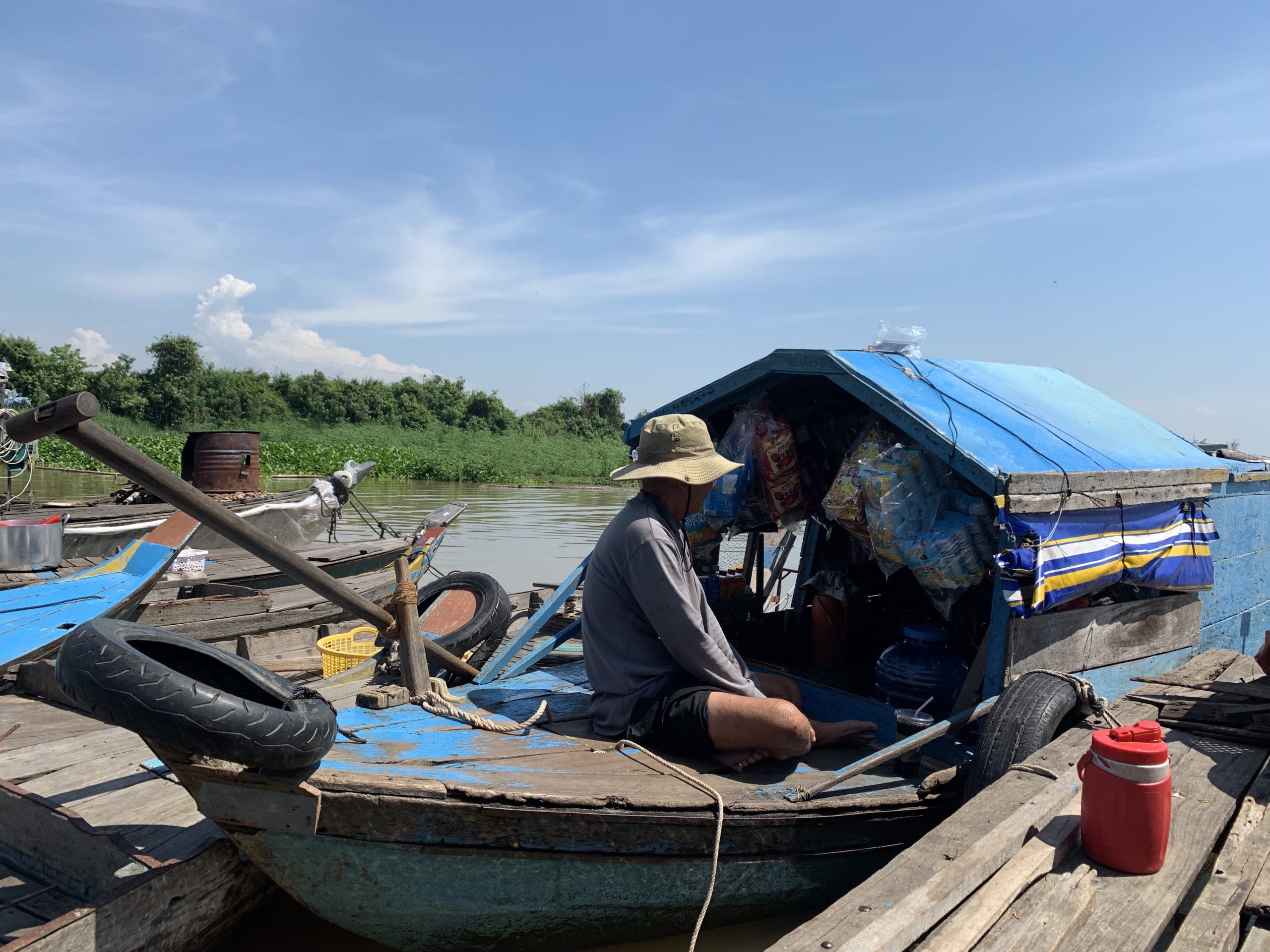1. Citizenship Law
a. Jus sanguinis Provisions
The citizenship law of Bhutan operates solely through jus sanguinis provisions, providing that a person is considered a citizen at birth if both of their parents are Bhutanese citizens, regardless of their place of birth. There is no definition of statelessness included in the citizenship legislation of Bhutan.
b. Naturalized Citizenship
A person can apply for naturalization in Bhutan if they are 21 years of age, have lived in Bhutan for 20 years while registered in the records of the Department of Immigration and Census, “be able to speak, read and write Dzongkha proficiently”, “have good knowledge of the culture, customs, traditions, and history of Bhutan”, have good moral character, and “no record of having spoken or acted against the King, Country, and People of Bhutan in any manner whatsoever”. If the applicant has a Bhutanese parent, they can apply at the age of 15 with a reduced required residency period of 15 years. There is no simplified or expedited process available for stateless persons or refugees.
c. Dual Citizenship
Dual citizenship is not recognized in Bhutan. In order to apply for naturalization, a foreign citizen must renounce their prior citizenship.
Treaty Ratification Status
Bhutan has the lowest rates of treaty ratification in South Asia, and some of the lowest rates across the Asia-Pacific, being one of only five countries that are party to two or less treaties. Bhutan has only ratified the CRC and CEDAW with no reservations. The country has also signed but not ratified the ICERD.
In 2017, the CRC Committee recommended that Bhutan “dissociate birth registration from citizenship and simplify the birth registration procedure after the 12-month period”. Further, the Committee recommended ensuring that “single mothers can register their children and ensure that children born to either a Bhutanese mother or father, including in cases when the identity of the father cannot be ascertained, are granted Bhutanese citizenship”. The Committee also stressed the need for negotiations to ensure the return or resettlement of children living in refugee camps in Nepal and reunite them with their families. As a party to CRC, Bhutan is obligated to ensure all children the right to acquire a nationality as well as that every birth is registered immediately.
During Bhutan’s Universal Periodic Review in 2019, Peru urged the country to eliminate discrimination against ethnic Nepali children, especially regarding access to education and citizenship. Germany also urged Bhutan to work with Nepal to resolve the status of Bhutanese refugees of Nepali origin. Several other states also provided similar conclusions for Bhutan. Bhutan commented on citizenship matters, stating that “there were clear procedures laid down for the acquisition of citizenship, irrespective of ethnicity, gender or religion”. The country further stated that “more than 10,000 applicants had been granted citizenship since the enactment of the Constitution in 2008”.
| Country | Stateless 1 | Stateless 2 | Refugee | ICCPR | ICESCR | ICERD | CRC | CEDAW |
|---|---|---|---|---|---|---|---|---|
| Bhutan |



